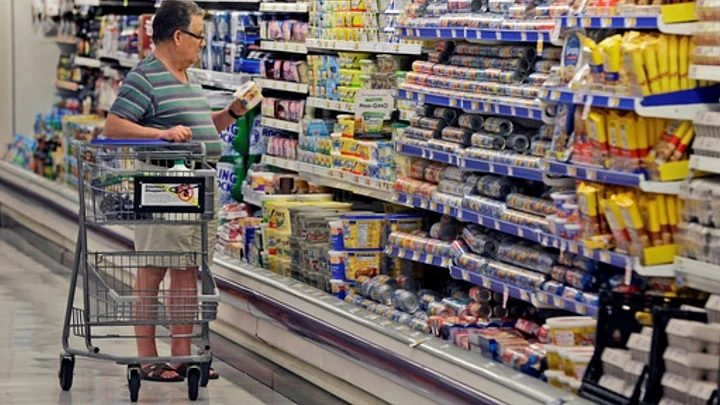The impact of the cash crunch, in the wake of the government’s demonetisation exercise, has not been as severe as was earlier estimated, said Prasun Basu, president of South Asia at market research firm Nielsen. He was speaking to BloombergQuint on the sidelines of the CII National FMCG Summit in Mumbai on Wednesday.
Consumer staples, he pointed out, saw an increase in volumes immediately after the cash ban. The sector took a hit largely because consumers held back on discretionary spending in the weeks and months that followed.
To that extent, Basu expects demand to return to pre-demonetisation levels soon.
Nielsen’s data suggests growth in the FMCG sector in December and January was close to 11 percent across both food and non-food segments. Consumer goods sales in November had declined 1-1.5 percent to Rs 3,840 crore compared to the last month, according to data released by the market research firm in December.
Companies will steer clear of any significant price hikes and continue to focus instead on volume growth, Basu said. Basu expects high single-digit volume growth in the January-March quarter.
The top bosses at Marico Ltd. and Nestle India Ltd., however, told BloombergQuint earlier in the day that they have the room to pass on some of the high raw material costs to consumers. Most were forced to take on the burden of high commodity prices as they focused on volume growth instead, especially in October-December quarter.
(The article was originally published on BloombergQuint.)
(At The Quint, we question everything. Play an active role in shaping our journalism by becoming a member today.)
